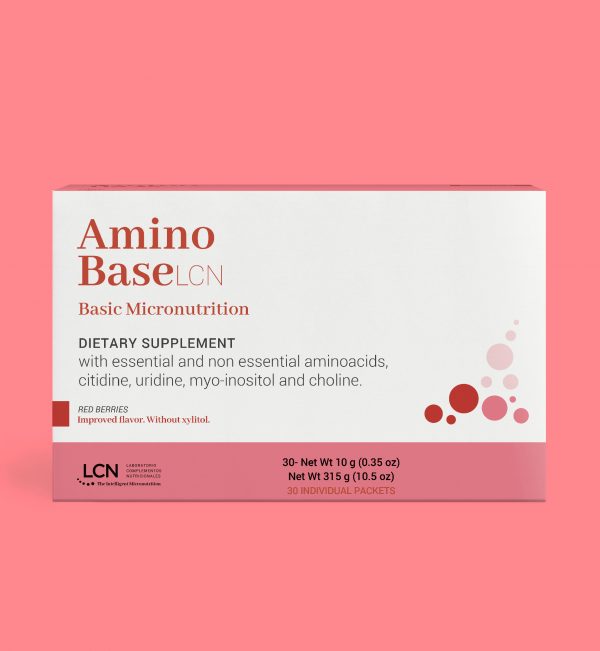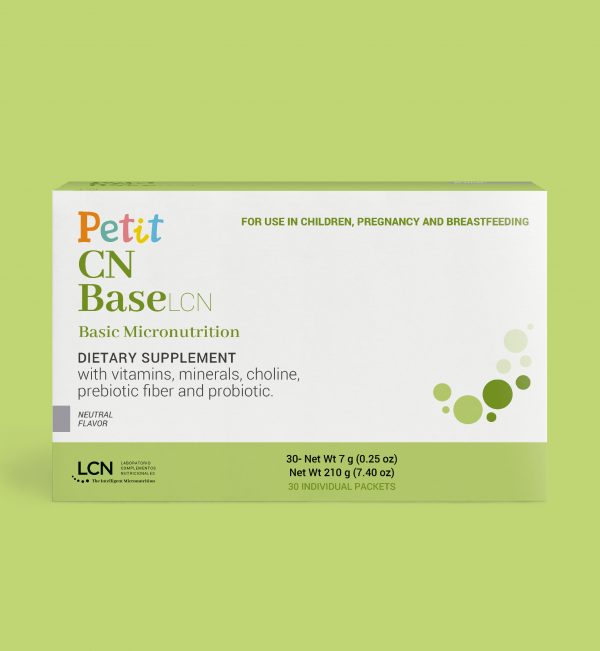Essential amino acids
What are they?
Essential amino acids are amino acids that must be consumed every day in foods due to the body’s inability to synthesize them.
There are eight essential amino acids:
Leucine, isoleucine, valine (these three are also called branched-chain amino acids, or BCAAs), lysine, methionine, threonine, phenylalanine, and triptophan.
Essential amino acid supplementation
Amino acids can be supplemented in either free or isolated form. In other words, in unitary molecules of a single amino acid, or in groups of bonded amino acids known as peptides.
Foods with essential amino acids
All protein foodstuffs, whether of animal or plant origin, supply essential amino acids to a greater or lesser degree.
Chicken, turkey, meat, and eggs supply all of the essential amino acids.
Not all plants, on the other hand, with the exception of soybeans, supply essential amino acids in adequate amounts. For example, lentils have a limited amount of the essential amino acid methionine, and grains such as brown rice contain hardly any lysine or threonine.
Therefore, if we combine lentils (rich in lysine, low in methionine) with brown rice (rich in methionine, low in lysine), we create a dish with a complete protein.









